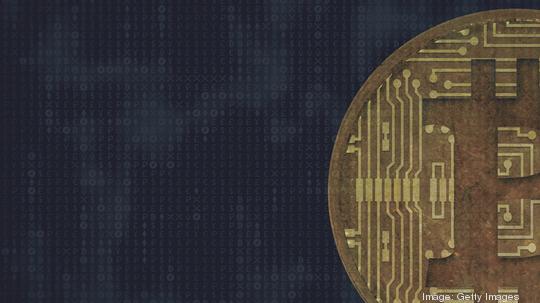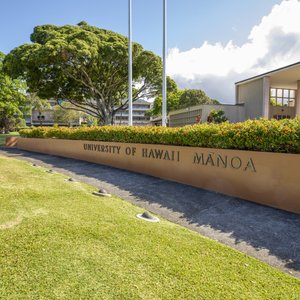
Originally set to conclude June 30, Hawaii's Digital Currency Innovation Lab, or DCIL, has recently received a reprieve.
A two-year extension will allow the pilot program to continue operations until June 30, 2024.
The DCIL — which is a partnership between the Department of Consumer Affairs Division of Financial Institutions and Hawaii Technology Development Corp. — was created in 2020 to "gather data for the purpose of establishing a regulatory scheme and exploring the potential economic opportunities brought about by digital currencies, " according to a recent announcement from the HDFI.
Digital currency companies admitted into the DCIL are permitted to conduct business in Hawaii without obtaining a state money transmitter license.
According to the announcement, there were about 134,000 Hawaii consumers who transacted more than $800 million in digital currencies through participating companies as of Dec. 31, 2021.
In the face of the original June 30 end date, those who took advantage of the program were faced with the quandary of when and how to exit their positions, Pacific Business News reported in May.
"When the Legislature failed to pass a law addressing digital currency [this year], HDFI and HTDC started thinking about how to address the number of consumers transacting with the participating companies," Commissioner of Financial Institutions Iris Ikeda told Pacific Business News. "The DCIL was not provided any funding or staffing to continue the project and the DCIL staff was only scheduled to work on the project for two years. HDFI was able to creatively extend the DCIL, using its existing authority."
The extension will allow participating companies and their customers to continue transacting for two more years.
Ikeda said HDFI is in the process of asking participating companies if they want to continue with the program, and those who choose not to participate will begin winding down starting July 1.
Over the next two years, "The program will continue to be studied, reviewing the types of transactions, the use cases and any consumer harm," Ikeda said.
Although a bill that would have established a program for the licensure, regulation and oversight of digital currency companies died in Conference Committee in the waning days of the 2022 legislative session, one piece of legislation establishing a blockchain and cryptocurrency task force within the state Department of Commerce and Consumer Affairs has been signed by Gov. David Ige.
According to the legislation, the group is tasked with reviewing data regarding the blockchain and cryptocurrency industry; recommending licensure requirements and a regulatory framework for the evolving industry; monitoring past and current activities of the DCIL; analyzing how the current framework of the DCIL fits into the state's financial environment and considering what may be effective and practical when implementing the recommended regulatory framework; compiling an overview of potential legislation; and gathering ideas and opinions of industry leaders on additional legislation.
The task force must also submit a report of its findings, recommendations to the state Legislature no later than 20 days before the start of the regular 2024 legislative session.



